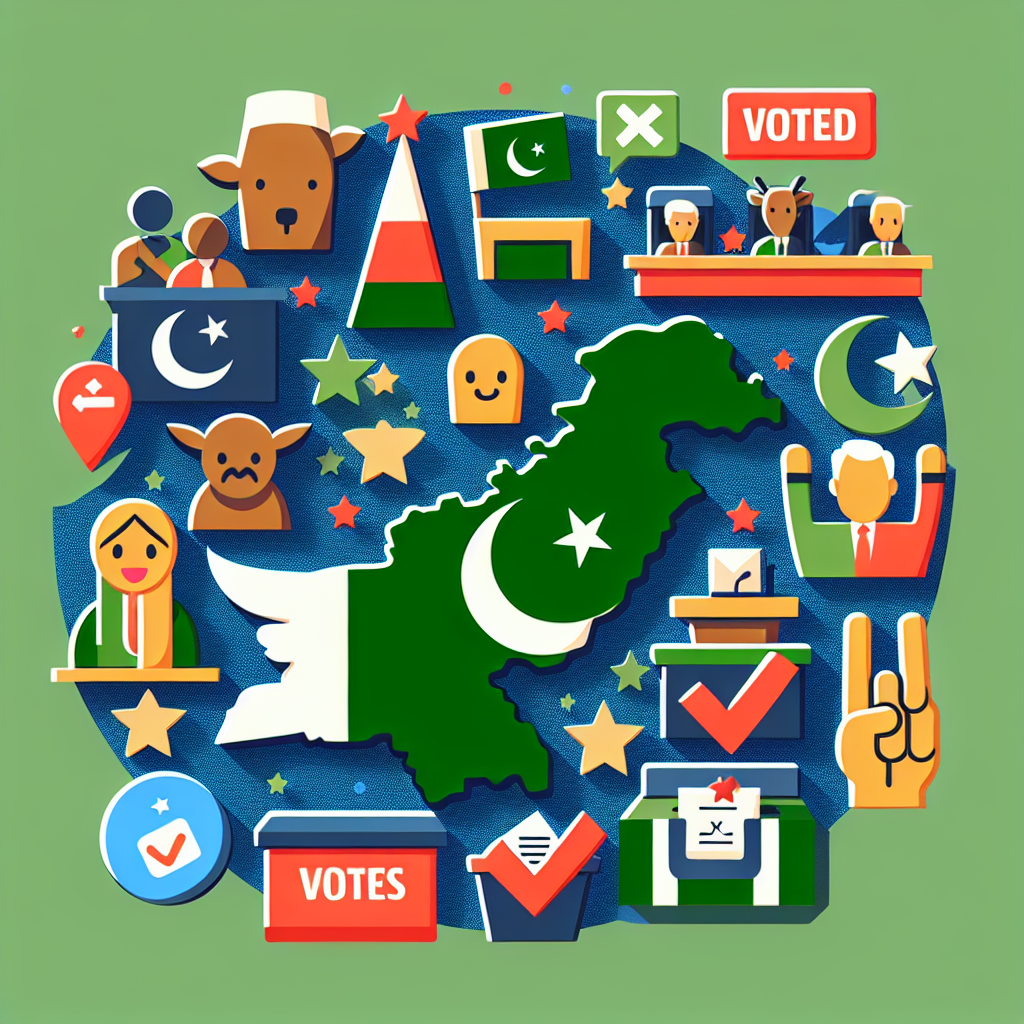Iran's High-Stakes Election: Reform vs. Hardline Amid Widespread Apathy
Iranians are voting in a snap election to replace the late President Ebrahim Raisi. The election sees a contest between hard-line candidates and a reformist seeking better Western ties. Public apathy persists amidst economic hardship and Middle East tensions. Record-low turnout and calls for boycott question voter participation.

- Country:
- United Arab Emirates
Iranians flocked to the polls Friday in a pivotal snap election to replace the late President Ebrahim Raisi, who tragically died in a helicopter crash last month. The atmosphere in the Islamic Republic remains heavy with public apathy, a consequence of prolonged economic turmoil, widespread protests, and escalating Middle Eastern tensions.
Voters are presented with a dichotomy: hard-line candidates or a relatively obscure figure from Iran's reformist faction aiming to revamp the Shiite theocracy from within. True to the country's post-1979 Revolution electoral history, women and advocates for radical changes have been excluded from the ballot, and the vote proceeds without oversight from international monitors.
The election unfolds against a backdrop of heightened regional tensions, particularly the Israel-Hamas conflict in Gaza. This April, Iran launched its first-ever direct attack on Israel over the war in Gaza. Tehran-backed militias like Hezbollah and the Houthi rebels have intensified their assaults, contributing to the broader regional instability.
(This story has not been edited by Devdiscourse staff and is auto-generated from a syndicated feed.)










